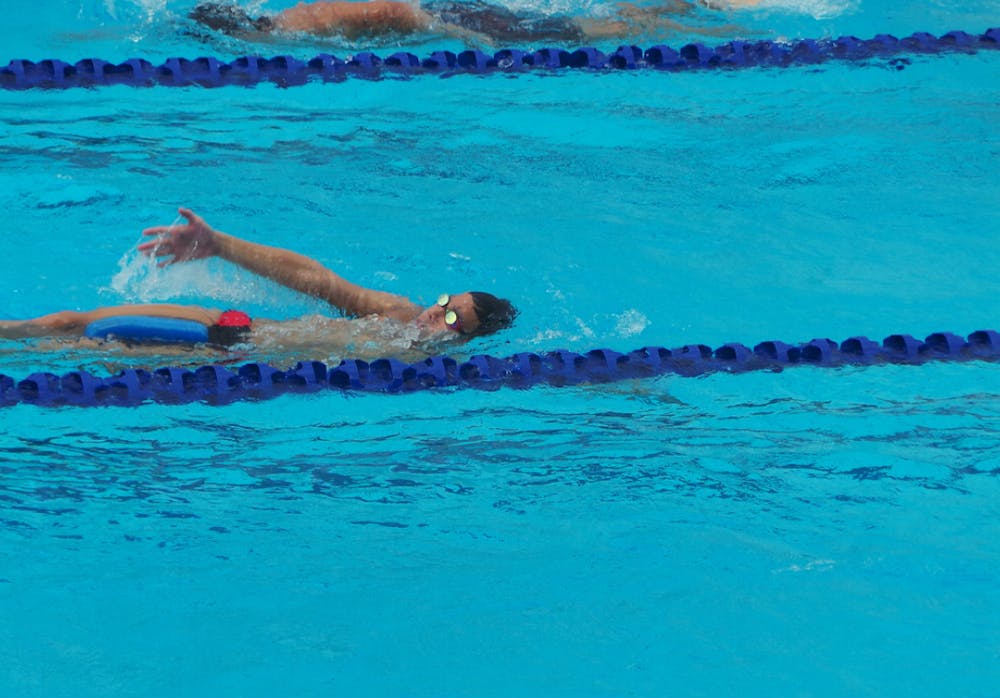Students and college athletes are being offered more resources for mental health than they ever have before. The stigma around mental health is being broken down, slowly, every day. A question that still arises, however, is why it’s so hard for student-athletes to get the help they need.

A 2016 study published to the BMJ Medical Journal showed that depression symptoms are present in a about a quarter of college student-athletes. This statistic is incredibly high considering on average one in ten adults in the U.S. aged 18-25 suffer from depression.
Mental health should be treated the same way as physical health. If mental health is treated with more urgency and resources, then the stigma about getting help would be lessened. Athletes tend to view mental toughness as being the same as mental health. For example, if a swimmer tears the ligaments in their shoulder, then they get treatment. If a swimmer is suffering from depression, then they keep it to themselves for fear of being seen as weak. The logic of these two statements does not follow. If someone is in pain, either physical or mental, then they need to get treatment.
In an excerpt from the Sport Science Institute, Chris Carr and Jamie Davidson describe the physical and mental stress that athletes are put through on a daily basis. It is common knowledge that collegiate athletes are pushed to their limits, but not many people consider the toll that pressure takes on an athlete’s mental health. The pressures and the commitments in college sports are big reasons for the increased levels of mental health disorders.
Athletes at Seton Hall are told about the mental health resources available, but they often still hesitate to ask for help. There was a point in my sophomore season where I needed help because I was struggling mentally. I wanted help, but I did not want my struggles to be seen as weaknesses. I did not want my teammates to think I wasn’t tough enough to compete. I stayed silent and held my anxieties and emptiness inside for a long time. Eventually I broke down during a practice and had to seek counseling through the athletic department.
I had been swimming with a torn shoulder and instead of getting treatment and fixing it, I had made it worse day by day until my entire arm gave out. I needed to advocate for myself. No one could feel what I was feeling, my team did not know that I was struggling. I was the only one that could help myself in the end. The resources are there, even if they are not as extensive as they could ideally be. Students and college-athletes alike must advocate for their mental health as well as their physical health. Stigmas will not be broken down and resources will not expand unless people ask for the help they need.
Clara Capone is a junior graphic design and advertising major from West Hatford, Conneticut. She can be reached at clara.capone@student.shu.edu.





